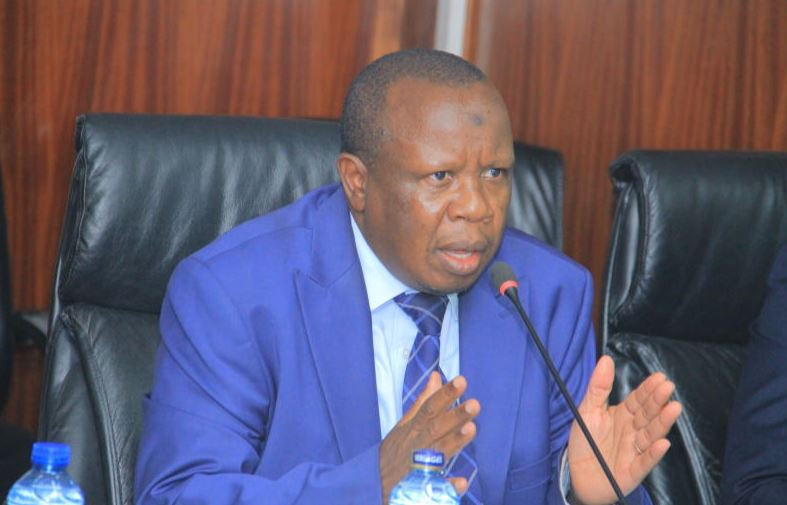BoG Boss: Global factors could have spillover effects on inflation, capital flows & exchange rate stability
He observed a strong trade surplus and solid reserve build-up on the back of gold exports and remittance flows.
But, he said, a possible escalation in global tariff wars, rising geopolitical tensions, and weakening Chinese demand could quickly shift the dynamics.
“These global factors could also have spillover effects on inflation, capital flows, and exchange rate stability,” he said in his opening remarks during the 123rd Monetary Policy Committee (MPC) sitting on Monday, March 23.
Dr Asiama noted that while inflation is easing, it remains uncomfortably high, at over 23 percent, and progress has been slow, particularly on a month-on-month basis.
“For instance, structural drivers of food inflation remain persistent,” he said.
Domestically, Dr Asiama said, the 2024 fiscal outturn was expansionary, with the deficit exceeding program targets.
“We have seen encouraging signs of consolidation early in 2025, but questions remain as to whether current measures are adequate to anchor expectations and satisfy upcoming IMF programme reviews,” he said.
: Bank of Ghana’s MPC to start its 123rd meeting today to review developments in the economy
He further noted that financial conditions are evolving quickly.
“Liquidity in the system has increased, commercial banks have raised concerns about the CRR framework, and we must carefully assess its macrofinancial implications—especially with respect to inflation, foreign exchange demand, and credit growth,” he said.
He also said that while private sector credit is recovering in nominal terms, real credit growth remains modest.
“Banks are still cautious, and NPL levels remain a concern. Meanwhile, our microfinance and rural
banking sectors are showing early signs of stability, but recapitalization and regulatory reforms
must continue to preserve confidence.
“We must also acknowledge that some of today’s challenges stem from earlier monetary and fiscal
policy missteps—particularly loose fiscal policy during periods of macro stress, weak monetary-fiscal coordination, and delays in key structural reforms. These contributed to elevated inflation,
impaired policy transmission, and a loss of credibility.
“It is essential that we reflect on these issues—not to assign blame, but to strengthen our institutions and avoid repeating past mistakes. There are also deeper, structural issues we must not lose sight of—such as underinvestment in agriculture, persistent exchange rate misalignments, and the need to deepen domestic financial markets. These are outside the scope of today’s immediate rate decision, but they will shape the broader monetary policy landscape over the medium term.”
By signing up, you agree to our Terms of Use and acknowledge the data practices in our Privacy Policy. You may unsubscribe at any time.









